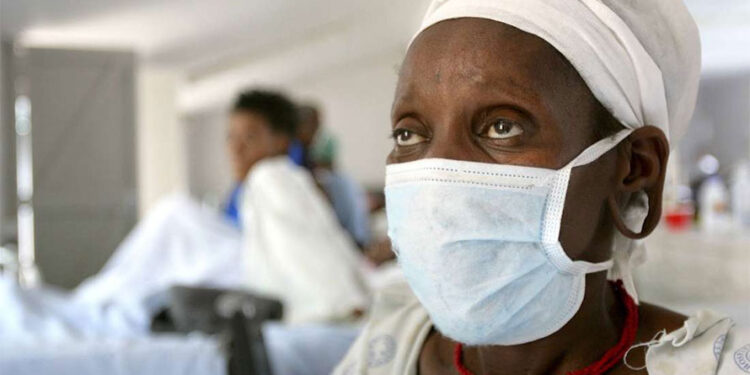Health & Fitness
TB fight gets a boost from most effective drugs regimen yet
Tuesday, June 11, 2019 19:21
By NASIBO KABALE

Researchers have developed a faster and more effective drug combination to treat tuberculosis (TB).
The research conducted by University of California (UCLA) scientists reveals that through an approach called “artificial intelligence-parabolic response surface” patients with TB can significantly reduce the duration of treatment.
The scientists found out that through analysis of drug combinations that work in synergy they were able to reduce standard treatment by up to five times. The approach allowed researchers to quickly identify three- or four-drug combinations among billions of possible combinations of drugs and doses, that significantly cut the duration of TB therapy.
The approach is timely since people who contract TB typically take drugs for six to eight months and most patients tend to stop seeking treatment given the length of treatment which leads to changes in drug regimen or even death.
This could significantly help in reducing the cost of TB in Kenya where patients spend hundreds of thousands of shillings treating the disease.
A national tuberculosis patients’ costs survey released last year reveals that a patient can spend up to Sh25,874 while on a six-month treatment programme.
The cost is far higher for a patient with the drug resistant type that pays an average Sh145,110 while on a 20-month treatment.
Kenya is also listed as a multi-drug-resistance tuberculosis (MDR-TB) high-burden country. MDR-TB has high chances of failed treatment and less than 50 percent of patients worldwide are successfully cured.
MDR-TB has high chances of failed treatment and less than 50 percent of patients worldwide are successfully cured. If the study is successful many patients would be cured much faster for far less
The research has only been conducted on mouse and it evaluated 15 drugs to identify the best four-drug combinations. The two most potent regimens comprised clofazimine, bedaquiline, pyrazinamide, and either amoxicillin/clavulanate or delamanid.
According to the researchers, two of the drug regimens achieved a 100 percent cure rate, without relapse, in mice in three weeks.
Another regimen cured the mice in five weeks. Both of the drug combinations included currently approved medications.
The study published in the peer-reviewed PLOS One was developed by co-author Chih-Ming Ho, distinguished research professor of mechanical and aerospace engineering at the UCLA Henry Samueli School of Engineering.
“If our findings are replicated in human studies, patients will be cured much faster, be more likely to adhere to the drug regimen, suffer less drug toxicity, and be less likely to develop drug-resistant TB,” said Dr Marcus Horwitz.
Kenyan Business Feed is the top Kenyan Business Blog. We share news from Kenya and across the region. To contact us with any alert, please email us to [email protected]












